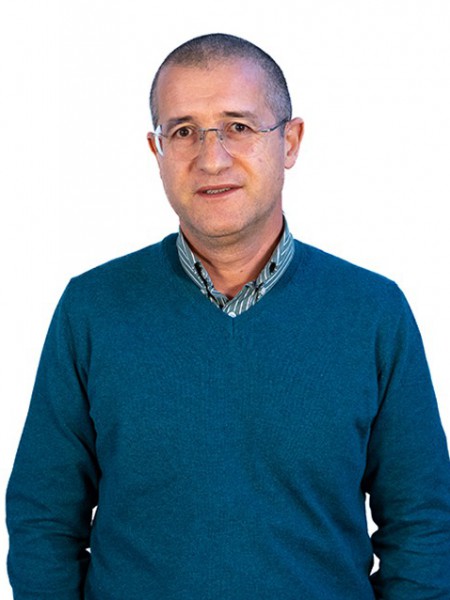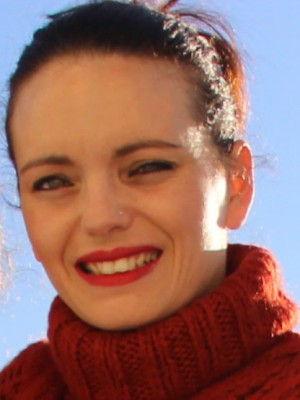abstract
Besides being traditionally used to relieve hepatobiliary disorders, Cynara cardunculus L. has evidenced anticancer potential on triple-negative breast cancer (TNBC). This study highlights the antiproliferative effects of lipophilic extracts from C. cardunculus L. var. altilis (DC) leaves and florets, and of their major compounds, namely cynaropicrin and taraxasteryl acetate, against MDA-MB-231 cells. Our results demonstrated that MDA-MB-231 cells were much less resistant to leaves extract (IC50 10.39 mu g/mL) than to florets extract (IC50 315.22 mu g/mL), during 48 h. Moreover, leaves extract and cynaropicrin (IC50 6.19 mu g/mL) suppressed MDA-MB-231 cells colonies formation, via an anchorage-independent growth assay. Leaves extract and cynaropicrin were also assessed regarding their regulation on caspase-3 activity, by using a spectrophotometric assay, and expression levels of G2/mitosis checkpoint and Akt signaling pathway proteins, by Western blotting. Leaves extract increased caspase-3 activity, while cynaropicrin did not affect it. Additionally, they caused p21Waf1/Cip1 upregulation, as well as cyclin B1 and phospho(Tyr15)-CDK1 accumulation, which may be related to G2 cell cycle arrest. They also downregulated phospho(Ser473)-Akt, without changing total Akt1 level. Cynaropicrin probably contributed to leaves extract antiproliferative action. These promising insights suggest that cultivated cardoon leaves lipophilic extract and cynaropicrin may be considered toward a natural-based therapeutic approach on TNBC.
keywords
NEGATIVE BREAST-CANCER; SESQUITERPENE LACTONE; CELL-LINES; LEAF EXTRACT; SCOLYMUS L.; IN-VITRO; APOPTOSIS; INDUCTION; RISK; PARTHENOLIDE
subject category
Biochemistry & Molecular Biology; Chemistry
authors
Ramos, PAB; Guerra, AR; Guerreiro, O; Santos, SAO; Oliveira, H; Freire, CSR; Silvestre, AJD; Duarte, MF
our authors
acknowledgements
The authors acknowledge FCT for the award of PhD grants to Patricia A.B. Ramos (SFRH/BD/70845/2010), Angela R. Guerra (SFRH/BD/98635/2013), and Olinda Guerreiro (SFRH/BD/84406/2012) and postdoctoral grants to Sonia A.O. Santos (SFRH/BPD/84226/2012); and Helena Oliveira (SFRH/BPD/111736/2015); Carmen S.R. Freire also acknowledges FCT/MCTES for research contract under the Program "Investigador FCT 2012". Thanks also to CICECO (UID/CTM/50011/2013). This work was financial supported by the Program Alentejo 2020, through the European Fund for Regional Development under the scope of ValBioTecCynara-economic valorization of Cardoon (Cynara cardunculus): study of natural variability and biotechnological applications (ALT20-03-0145-FEDER-000038). Finally, the authors acknowledge the School of Agriculture from Instituto Politecnico de Beja for kindly supplying the C. cardunculus var. altilis (DC) samples.









